- Admission
- Discover Episcopal
- Our Program
- Athletics
- Arts
- Spirituality
- Student Life
- Support Episcopal
- Alumni
- Parent Support
- Knightly News
- Contact Us
- Calendar
- School Store
- Lunch Menu
- Summer Camps
« Back
Encouraging Responsible Use of AI: “You are the Thinker."
January 18th, 2024
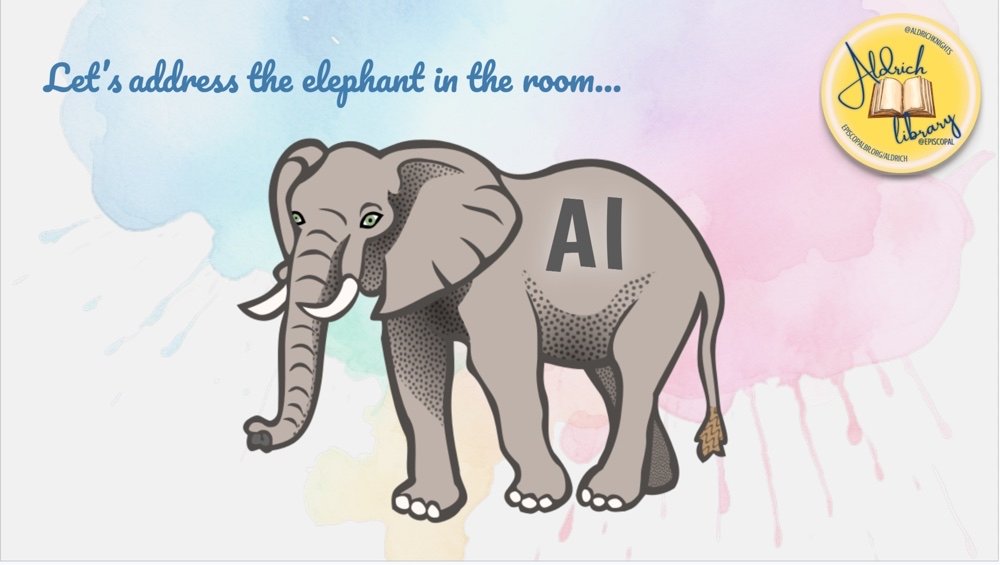
How have Europeans impacted South African culture since discovering it in 1652? What has been impacted the most by Europeans in the South Africa region?
To what extent did the invention of photography revolutionize the way people perceive and document historical events and the world of art?
Was the fall of the Romanov family in 1917 influenced by internal or external issues?
Episcopal freshmen are diving deep into a variety of historical topics as part of the annual ninth grade research project. This comprehensive assignment encompasses history and English classes and includes visits to Aldrich Library and collaboration with the Academic Resource Center fellows. The assignment is legendary among Episcopal students, and most alumni still remember their topic and key points years later.
Library Director Tiffany Whitehead says such a thorough project has an important purpose in preparing students for college and beyond. “The skills that students are learning by completing this project essentially develop them as researchers, thinkers, writers and presenters,” she says. These life skills develop as students learn to search databases, read and process scholarly sources, use citations, annotate articles, create notecards and so much more. This year, Whitehead is also using the research project experience to reinforce ways students can responsibly use artificial intelligence, such as Chat GPT.
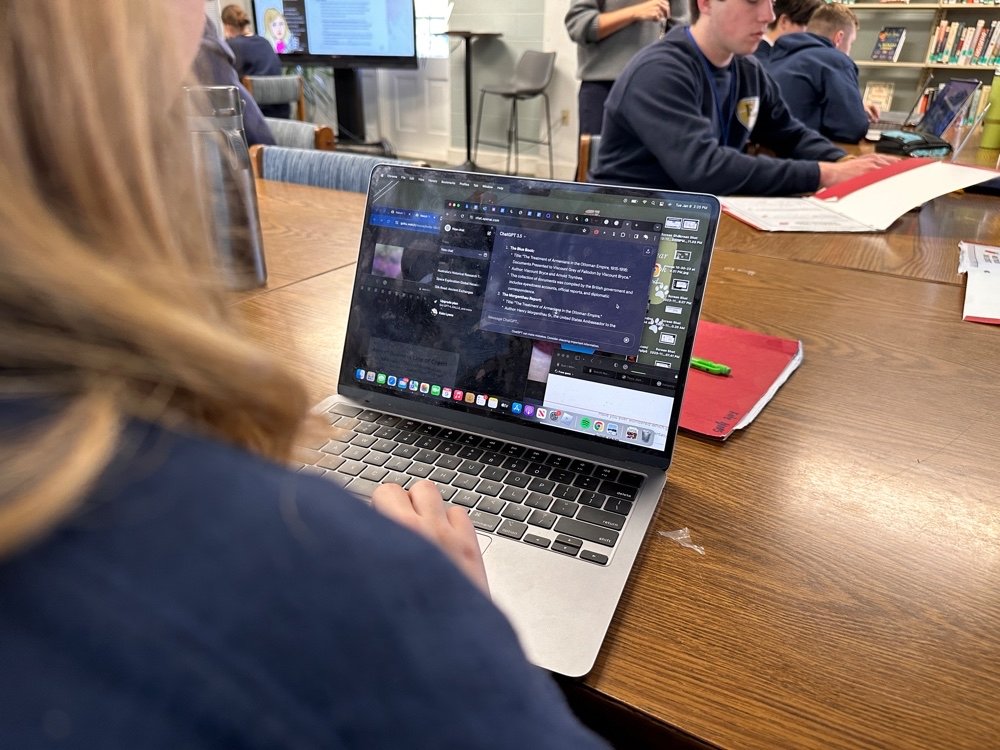
After attending the School Library Journal Summit in Atlanta this December, Whitehead pondered how to teach students to cite sources and access quality information for research purposes. One day after the conference, where she and her cohorts discussed the importance of advocating for the ethical use of information and how to be a responsible consumer and contributor in the information landscape, Whitehead returned to Episcopal to discuss scholarly sources with the ninth grade researchers. Whitehead also emphasized best practices when deploying ChatGPT, offering students the following tips:
- Use ChatGPT as a tool and not a scholarly source.
- Remember that AI is not transparent in where information is from, so it is up to the user to verify that information.
- Do not give up your agency. You are the thinker, and that’s a skill that will atrophy if we do not use it.
With that advice in mind, Whitehead seeks to prepare students for the current possibilities and future developments. “The only way we’re going to understand AI and the ramifications is by using it,” she says. “That’s messy and uncomfortable, but that’s also education.
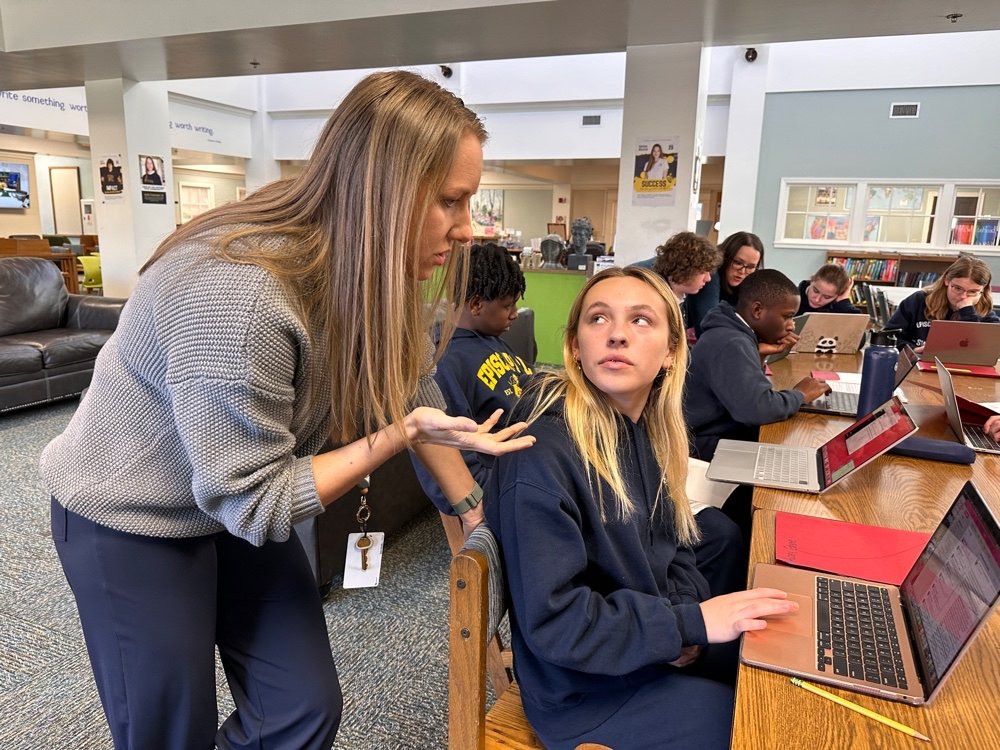
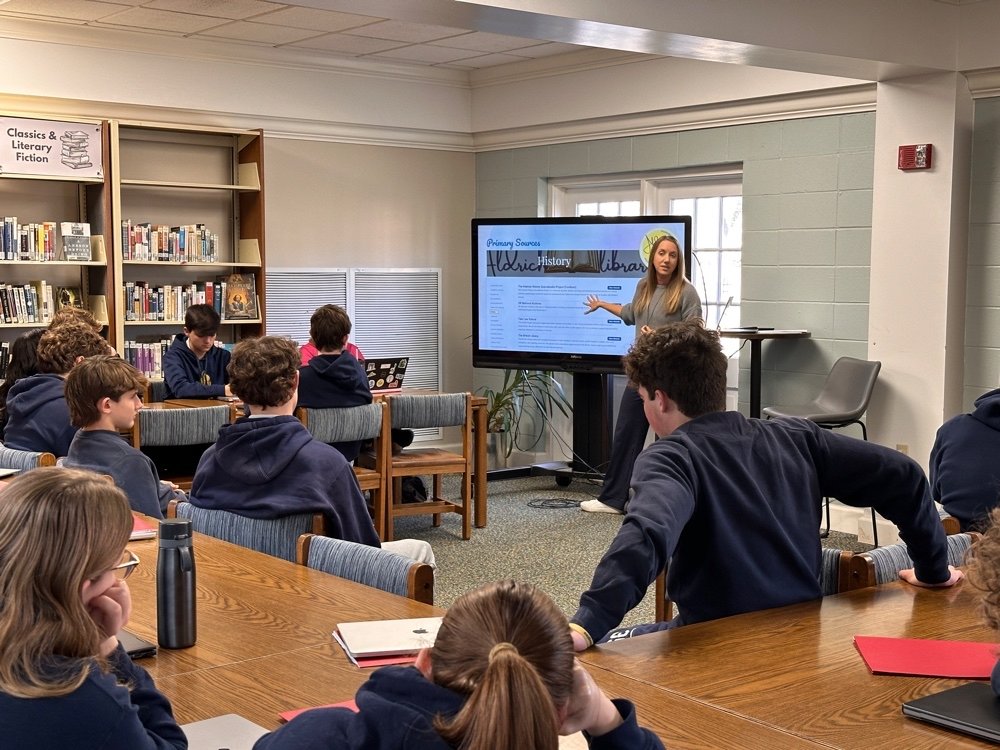
In a recent library visit, Whitehead educated ninth graders on finding primary sources. She advised the young researchers that finding historical primary sources can be especially difficult given the lack of information that may have survived related to older topics or the fact that sources may not be online but in museums or universities. To help make the process easier, Whitehead suggested students query ChatGPT for ideas. Students have also used the platform to brainstorm ideas for potential topics, research questions and keywords to use in search databases. “We’re using artificial intelligence to take out some of the pain point steps that we know we encounter every year,” says Whitehead.
Using the technology to make the research process easier is a great example of responsible deployment. Another example is occurring in Upper School English teacher Dawn Burton’s class. In a blog post earlier this year, Burton shared how she is addressing the use of artificial intelligence. “I demonstrated how ChatGPT can serve as a valuable resource for brainstorming and generating ideas before diving into the writing process,” Burton wrote. “This way, students could apply its capabilities while maintaining the integrity of their academic work.” Read Burton’s full article here.
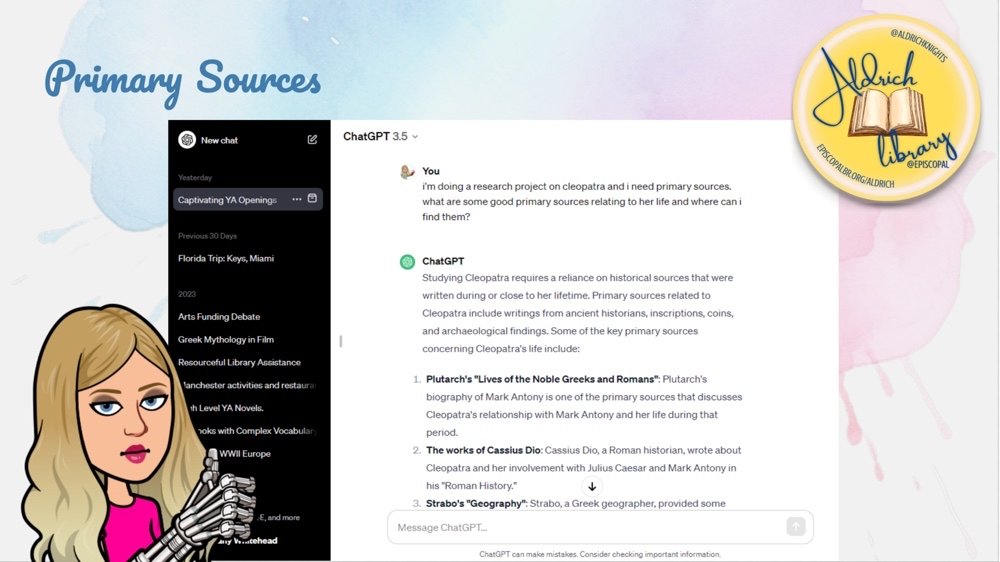
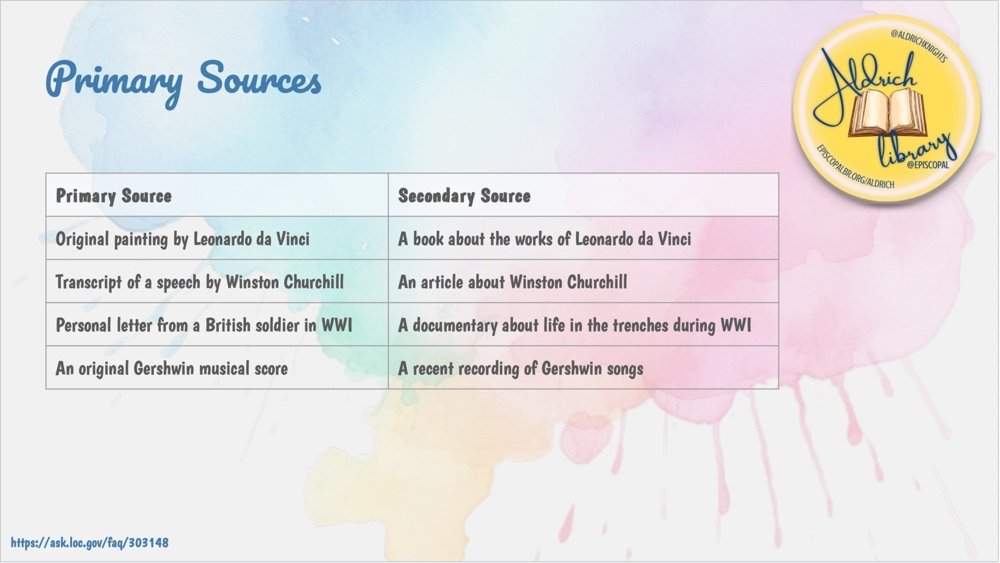
Tomorrow’s leaders will need to be adaptable and tech-savvy global citizens. As a school that seeks to prepare students today for the innovations of tomorrow, Episcopal faculty stay up-to-date and knowledgeable so that students are ready for college and beyond. Check out previous blog posts for examples of how faculty use technology to enhance the classroom experience.
Faculty/Staff Deploy Futuristic Tech to Engage Tomorrow’s Leaders
Protecting School Data Through Cybersecurity Education
Virtual Volcanoes Wow Middle School Students
Welcome to the Future! Introducing Episcopal Esports
The Episcopal School of Baton Rouge 2025-2026 application is now available! For more information on the application process, to schedule a tour, or learn more about the private school, contact us at [email protected] or 225-755-2685.
Other articles to consider
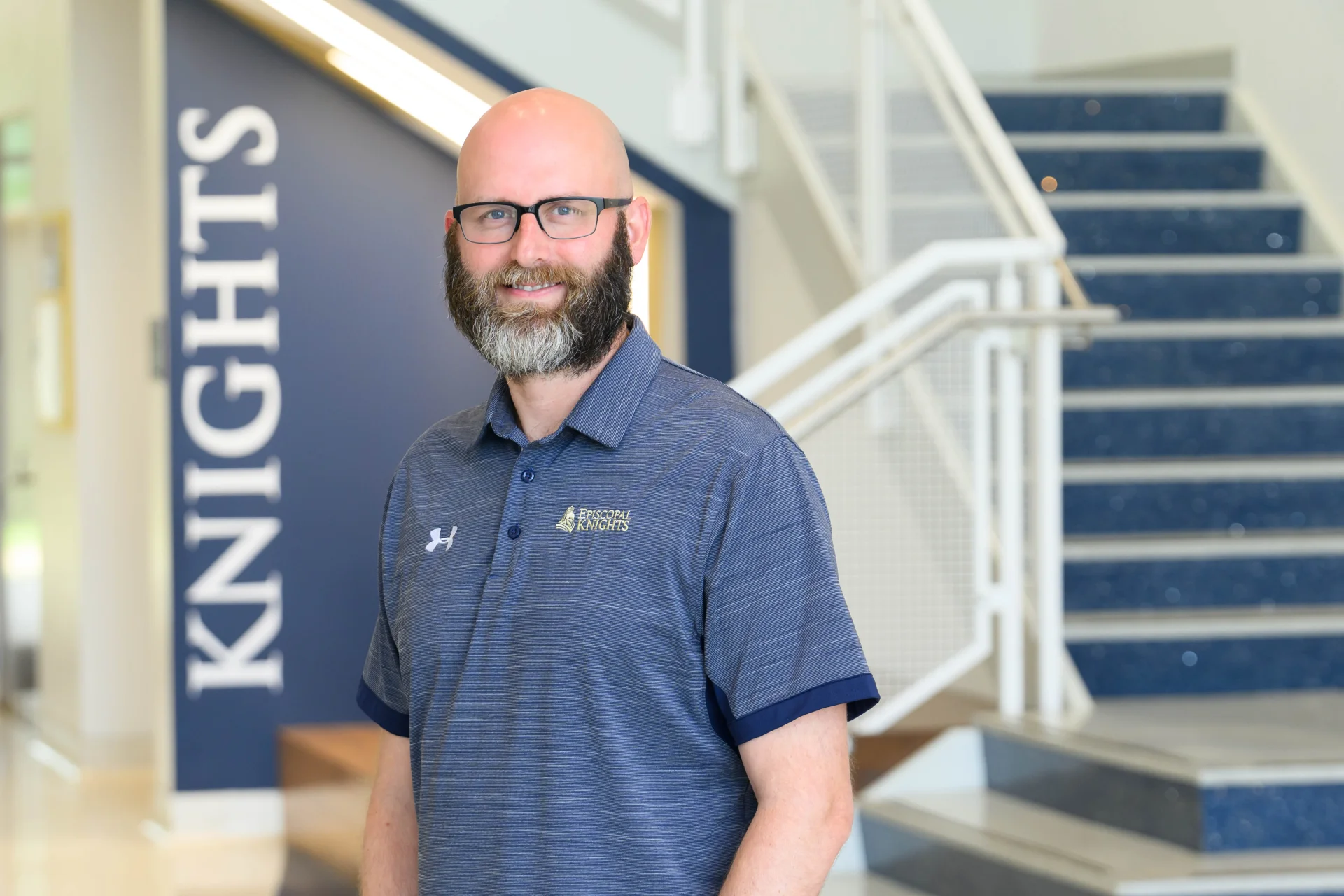 Jun5Episcopal Announces New Athletic Director
Jun5Episcopal Announces New Athletic DirectorPlease join us in welcoming Brent Broussard to the Episcopal community.
See Details Jun2Episcopal Welcomes Dan Binder as the Next Upper School Division Head
Jun2Episcopal Welcomes Dan Binder as the Next Upper School Division HeadPlease join us in welcoming Dan Binder to the Episcopal community.
See Details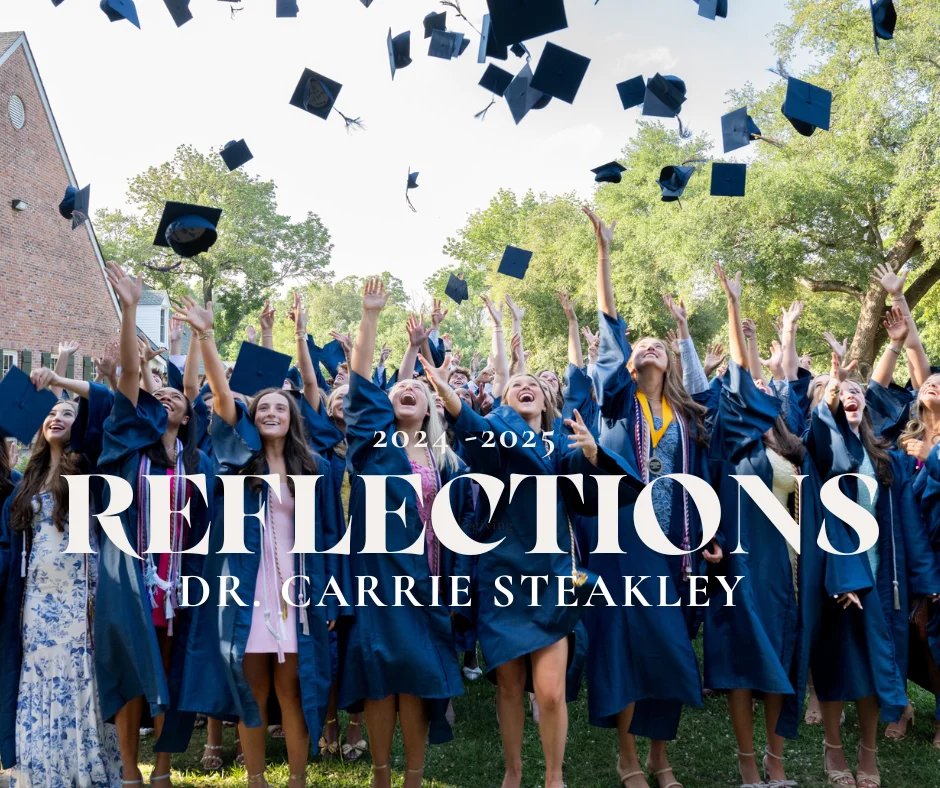 May22End of the Year Reflection from Dr. Steakley
May22End of the Year Reflection from Dr. SteakleyAn Episcopal education and the community that supports it are remarkable. Dr. Steakley looks back at the moments that made the 2024/2025 school year.
See Details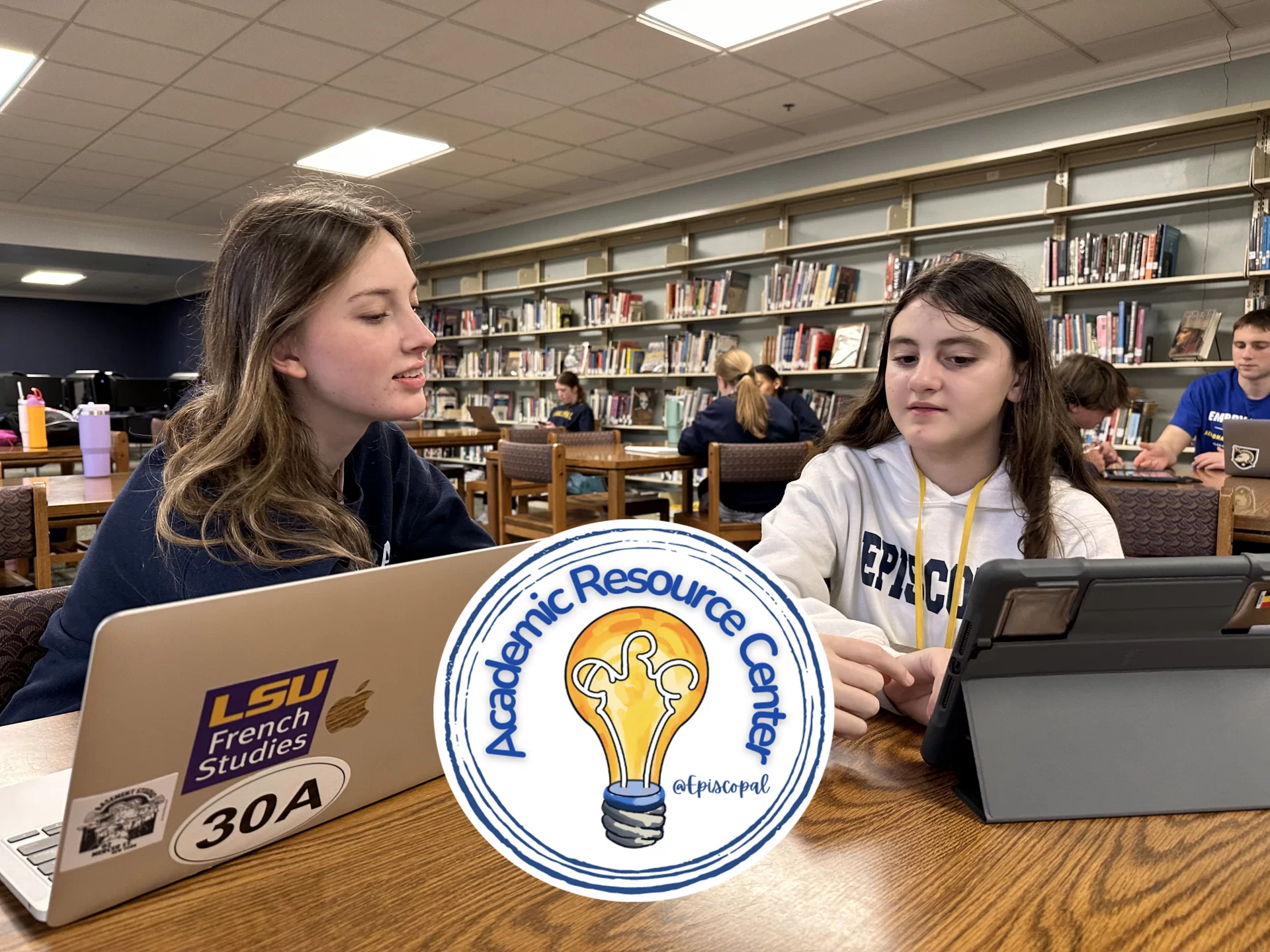 May12Tutoring with a Purpose: Jackson Ezell Reflects on His Time in the Academic Resource Center
May12Tutoring with a Purpose: Jackson Ezell Reflects on His Time in the Academic Resource CenterTime as an ARC Fellow boosts student confidence, encourages friendships and fosters lifelong learning habits. Senior Jackson Ezell reflects on his transformation as a tutor and the transformation of the center from Writing Center to Academic Resource Center.
See Details
Categories
- All
- Admission
- Athletics
- College Bound 2019
- College Bound 2020
- College Bound 2021
- College Bound 2022
- College Bound 2023
- College Bound 2024
- College Bound 2025
- Counselors Corner
- Episcopal Alumni
- Giving
- Head Of School
- Lower School
- Middle School
- Spirituality And Service
- Student Work
- The Teachers' Lounge
- Upper School
- Visual And Performing Arts











